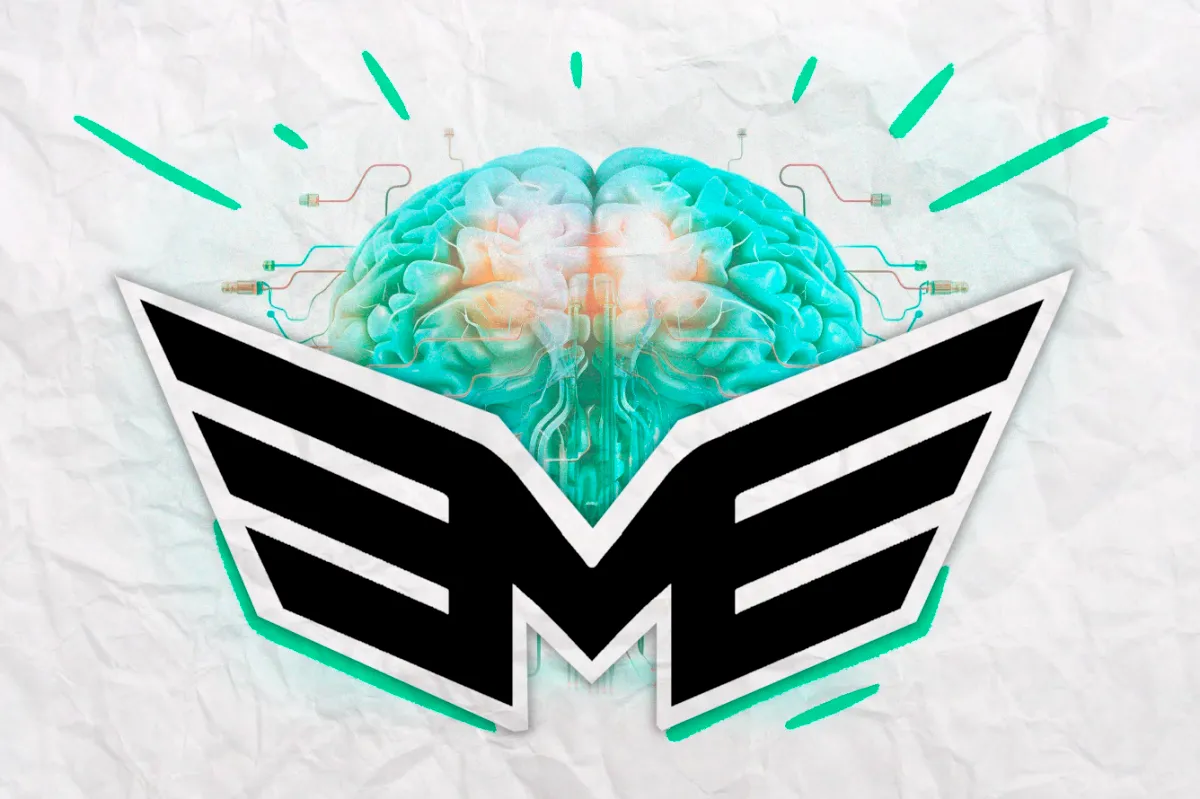
With the growing popularity of Artificial Intelligence, projects which combine AI technology with cryptocurrency are garnering significant attention from the crypto community. One such project, Morpheus AI, has quickly become a focal point for crypto enthusiasts. Just four days after its launch, it has already attracted significant interest, with over 48,000 stETH total value locked (TVL), worth around $120 million.
The project’s initial focus lies in developing a large language model (LLM) akin to ChatGPT but tailored for the crypto sector, leveraging data from Web3 sources such as blockchains, wallets, dApps, DAOs and smart contracts. However, the long-term goal is to democratize AI by adopting an open-source approach, challenging the closed-source models maintained by giants like OpenAI, Microsoft, and Google, which charge for their services.
The project aims to foster the development of open source smart agents that enable users to seamlessly connect and interact with the Web3 ecosystem. The team plans to create a foundational layer (Layer 0) that allows these agents to interact within the Web3 space in a decentralized manner.
The team behind Morpheus strongly believes in the concept of Personal AIs. Much like the widespread desire for personal laptops and smartphones, AI naturally evolves towards personalized smart agents. Morpheus AI aims to build a platform for AI agents that are customized to meet individual needs and preferences.
Although the potential applications of this technology are virtually limitless, the initial focus is likely to be on crypto use cases. For example, this might involve an open-source Smart Agent that performs actions authorized by your private keys: trading on DEXes, taking loans, sending crypto and much more, giving DeFi users an AI assistant right at their fingertips.
The team’s strategy involves building a collaborative ecosystem rather than developing all components in-house. They aim to incentivize the creation of new AI agents and plan to encourage open-source AI developers to contribute their expertise.
Considering the high level of interest in decentralized AI among the crypto community, this task should not be difficult. The team is planning to host a 'Decentralized AI Day' at ETH Denver in February and has already received over 800 applications from interested developers.
The project’s ecosystem is centered around the MOR token, with a block reward that decreases daily until it reaches zero, approximately 16 years from now. Daily MOR rewards will be distributed between the community, contributors, computing resources, developers and protection funds.
For instance, developer contributions are rewarded based on the cumulative development measured in Full Time Equivalent (FTE) hours contributed to the Morpheus codebase. This model ensures fair compensation proportional to the effort and time invested.
Additionally, users who contribute computational resources to support the AI agents developed on Morpheus AI will be rewarded. However, the project is in its early stages, and many components of its technological infrastructure are still under development, including FTE and Compute.
Currently, in its launch phase, the project incentivizes engagement by distributing MOR tokens to stETH depositors. Participants stake stETH in the project’s smart contract to earn MOR. After a seven-day lock-in period, stakers can withdraw their funds, with the token launch anticipated after 90 days to promote network growth and ensure fair distribution.

